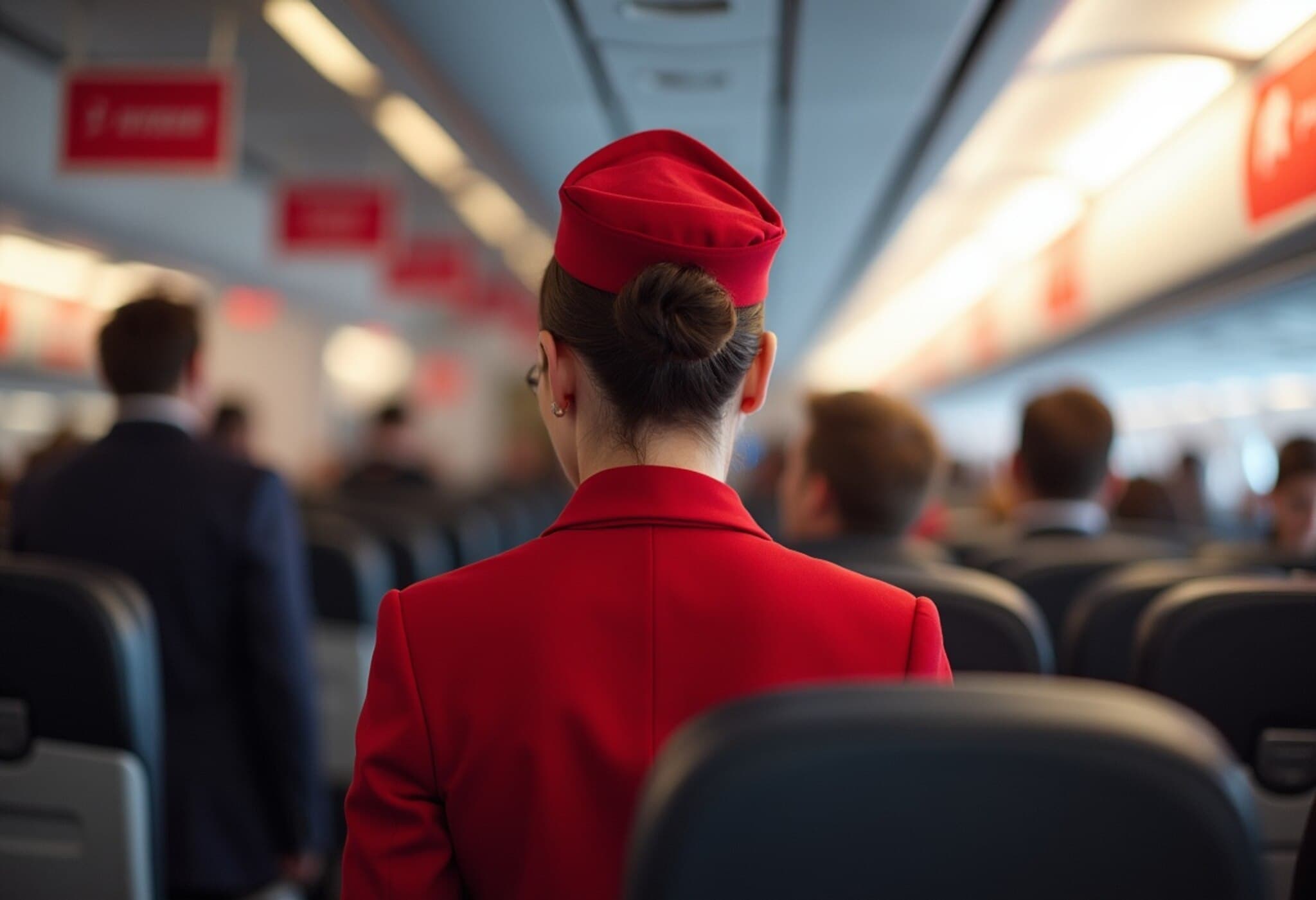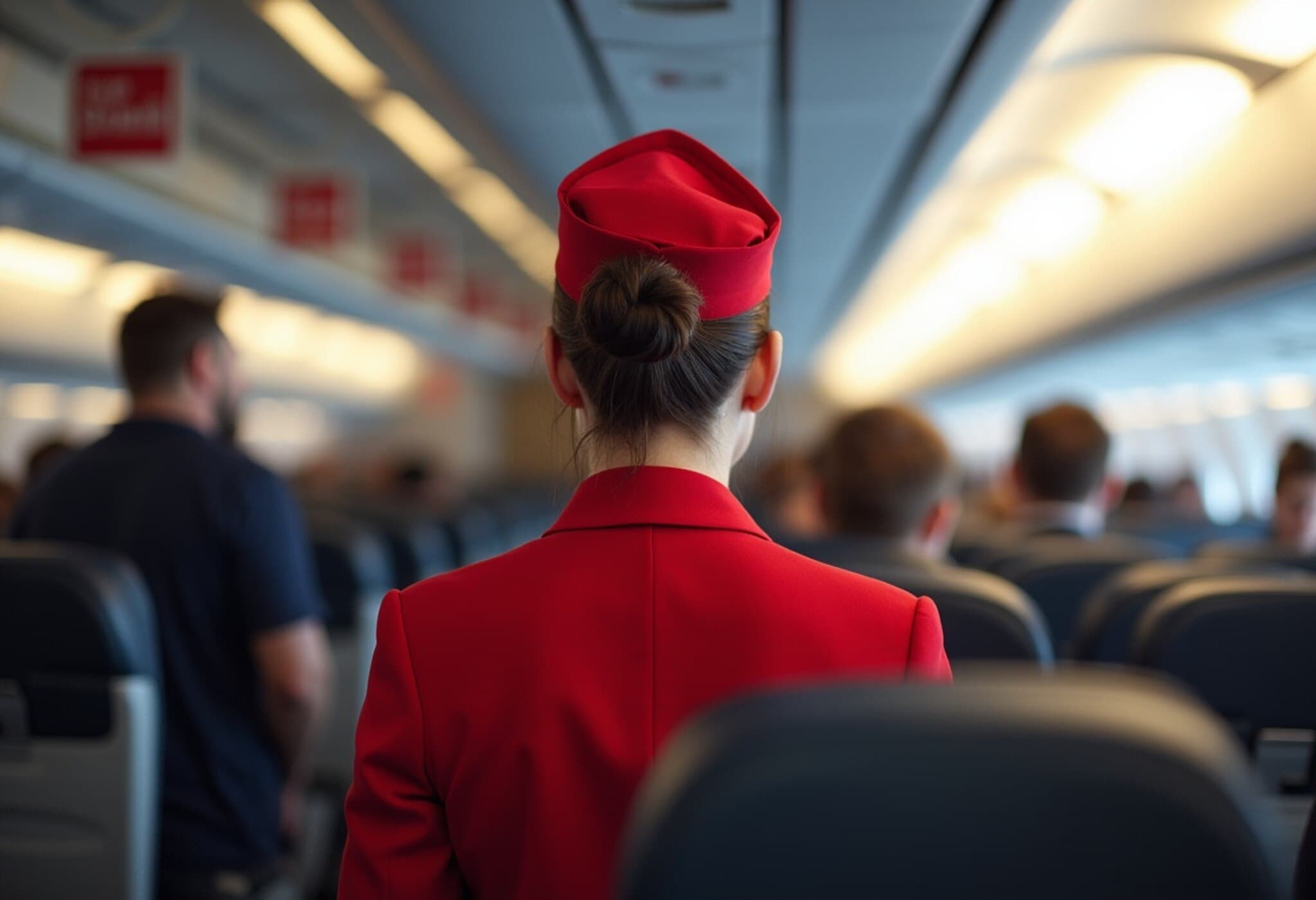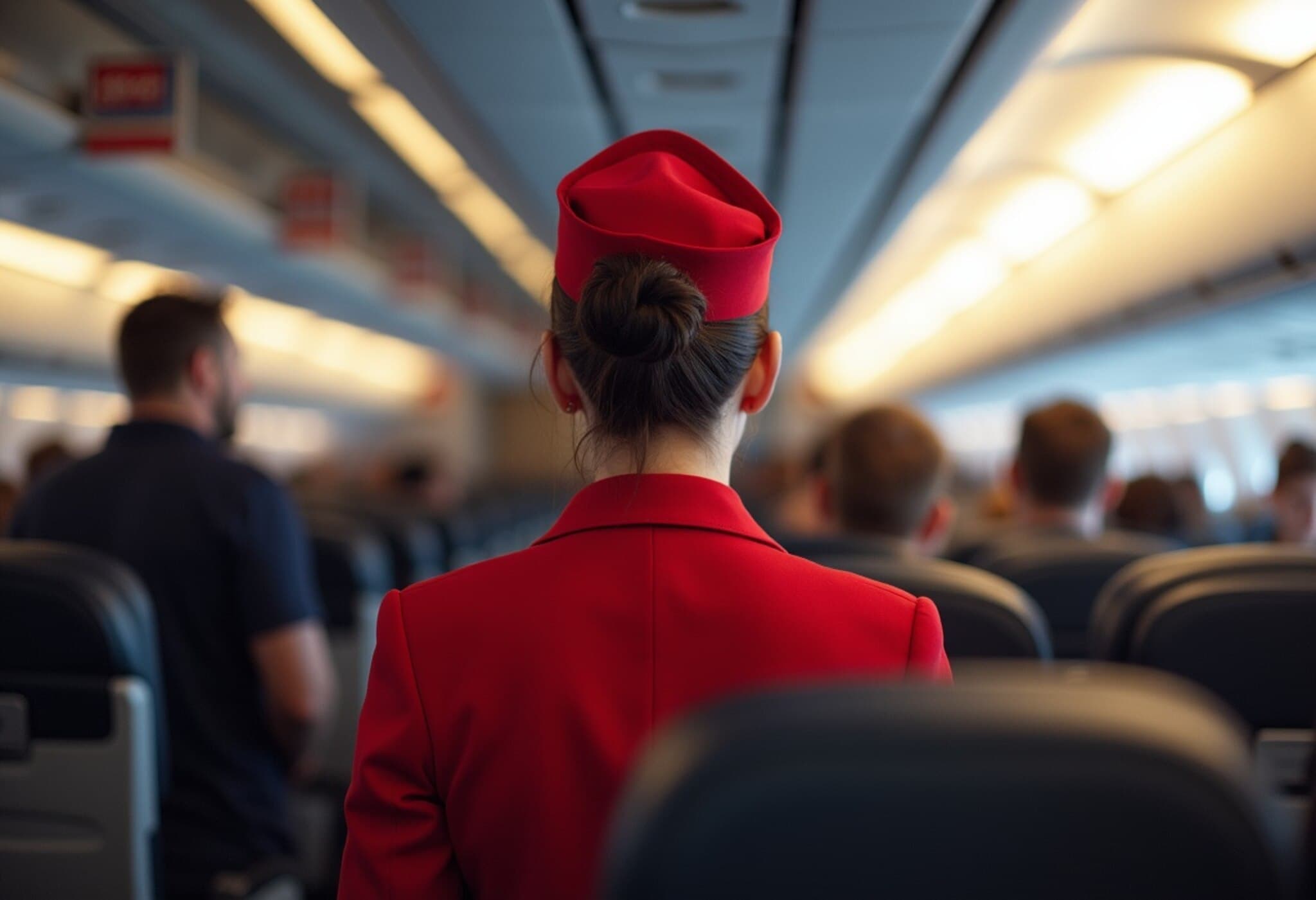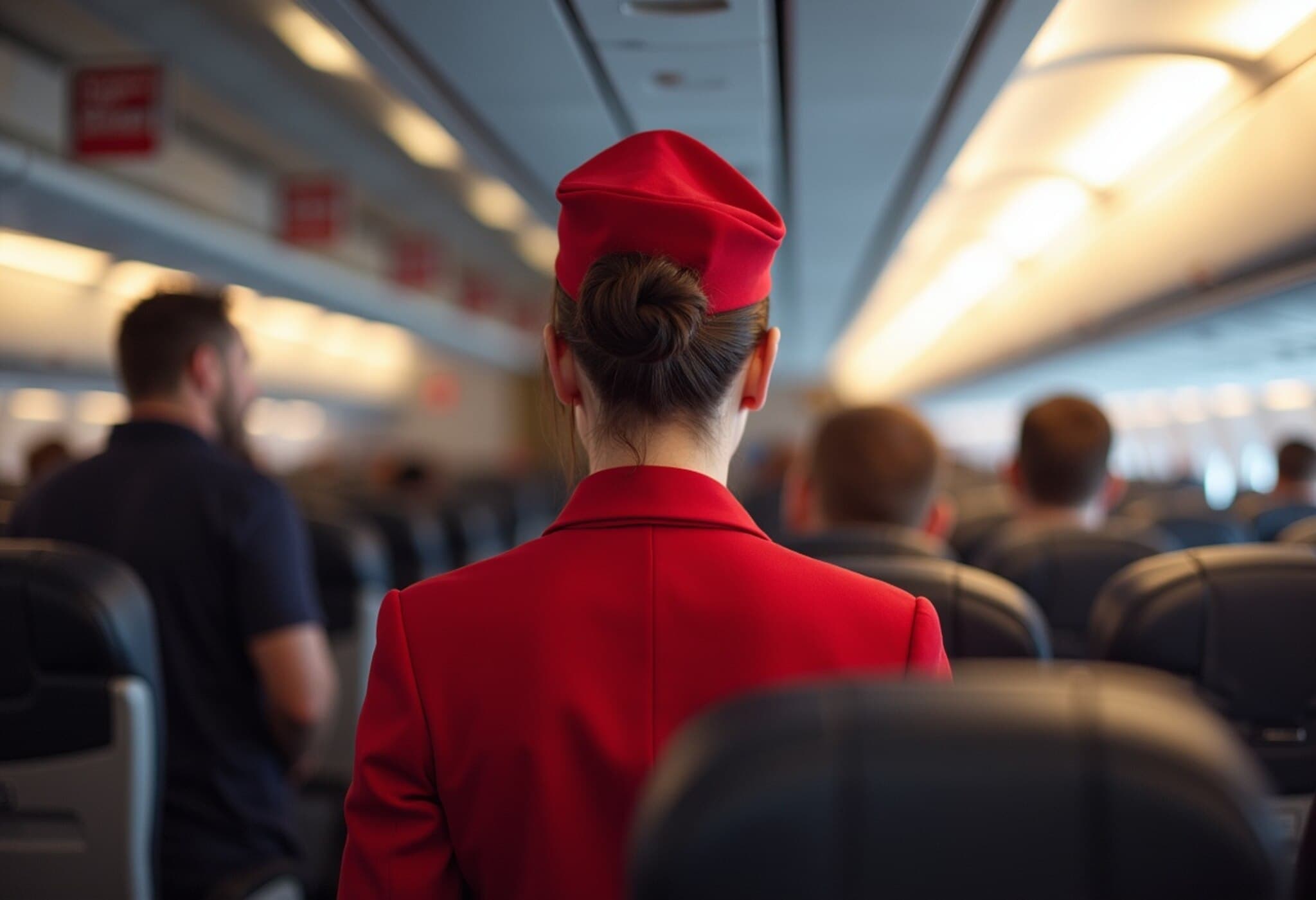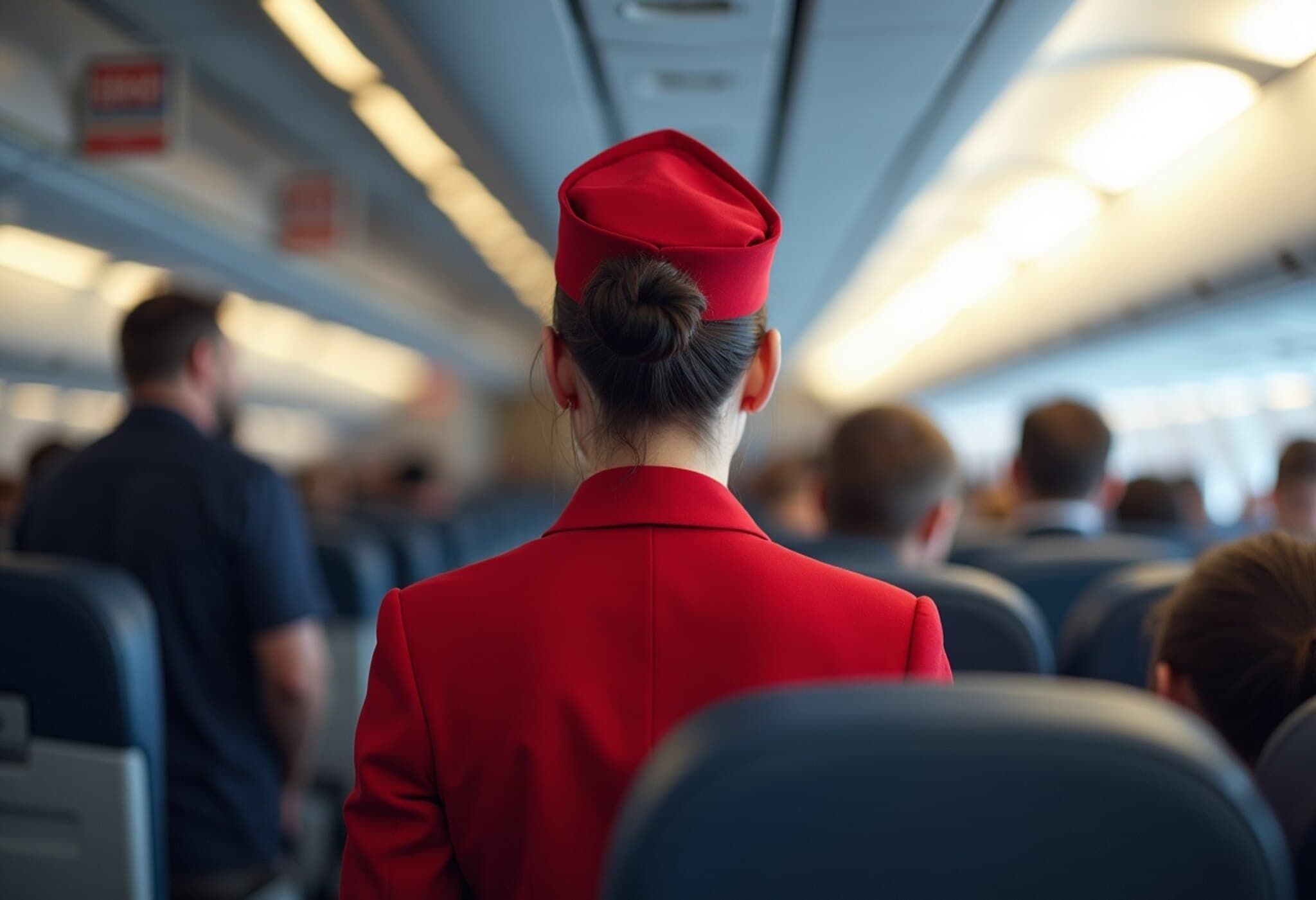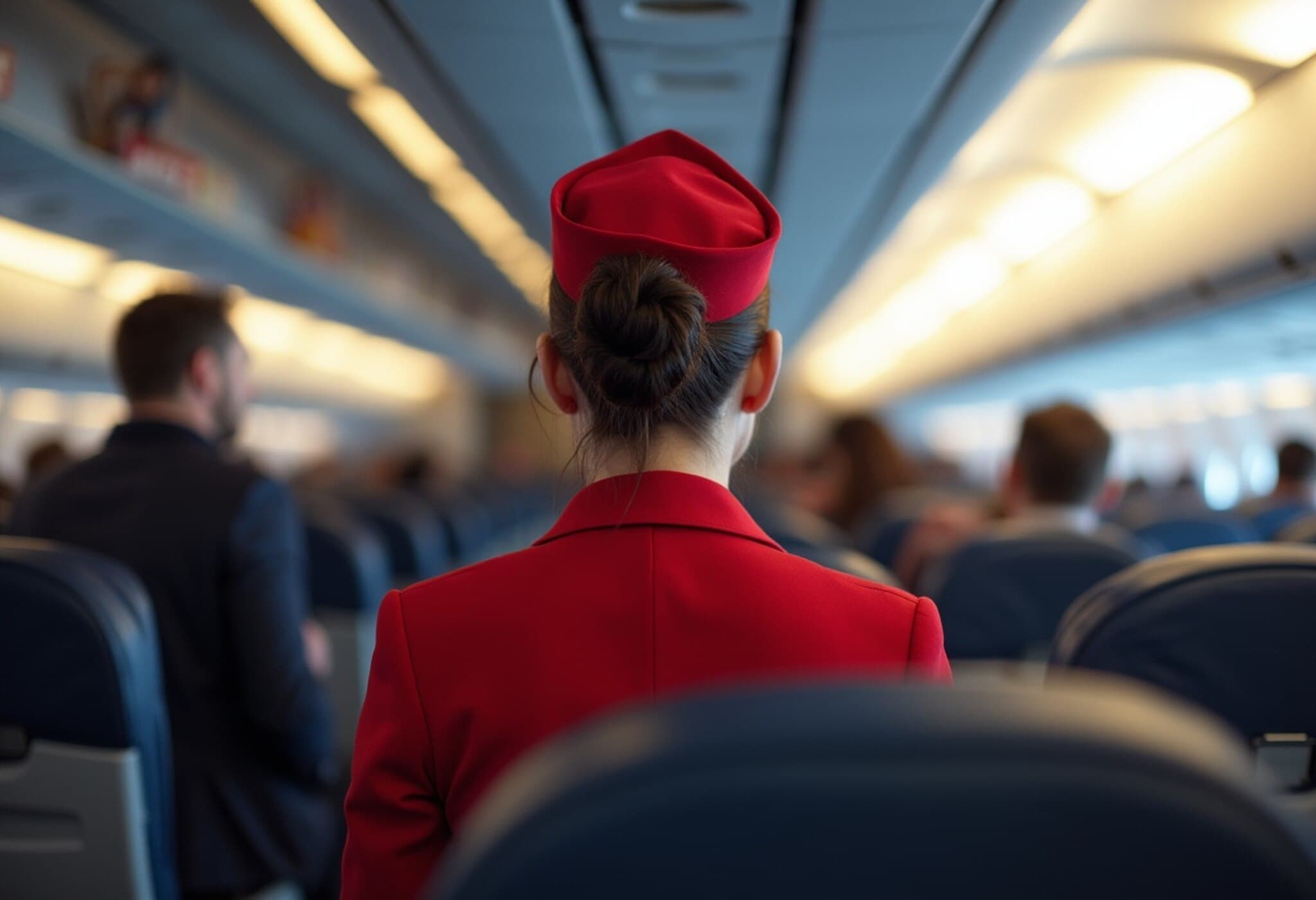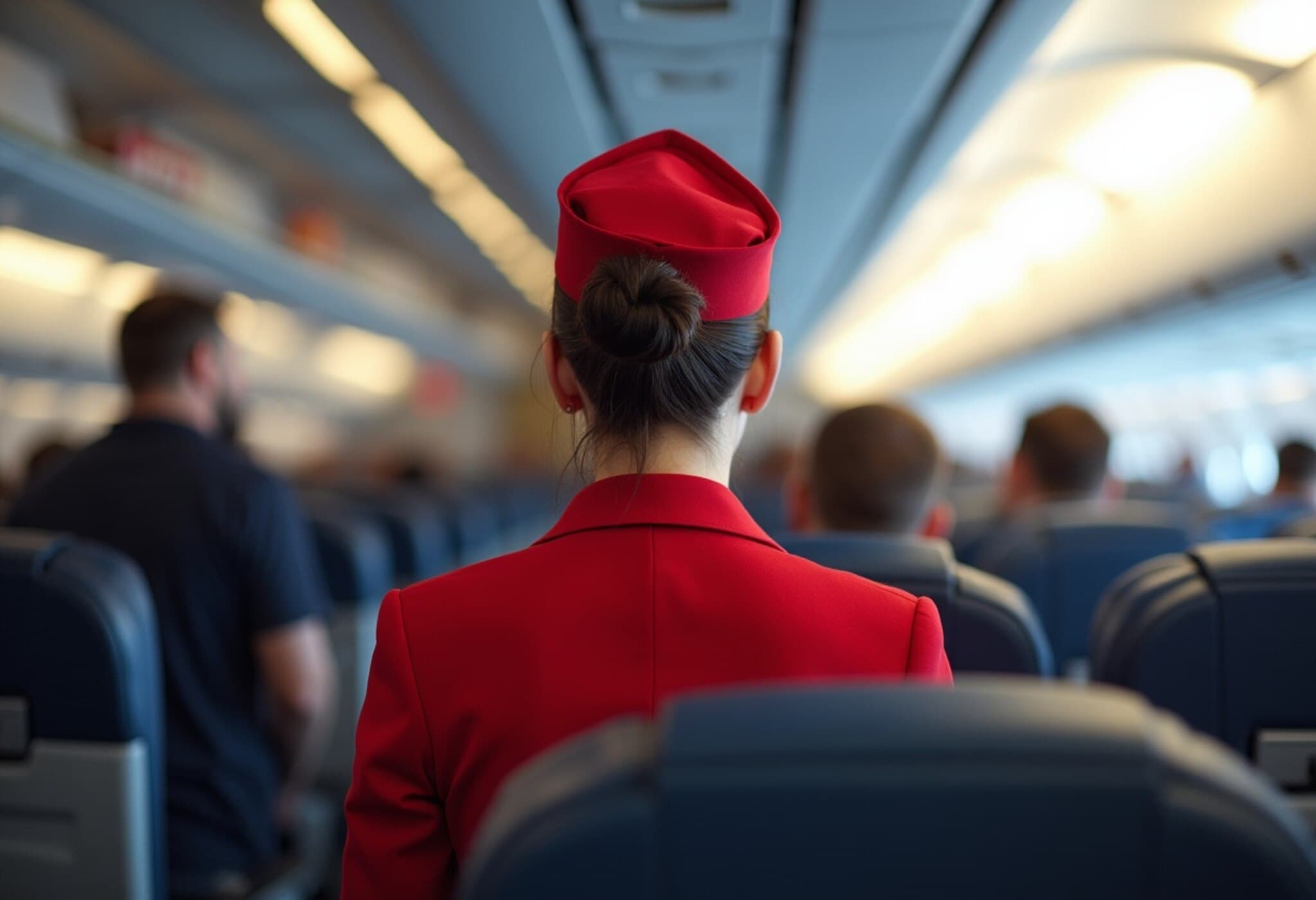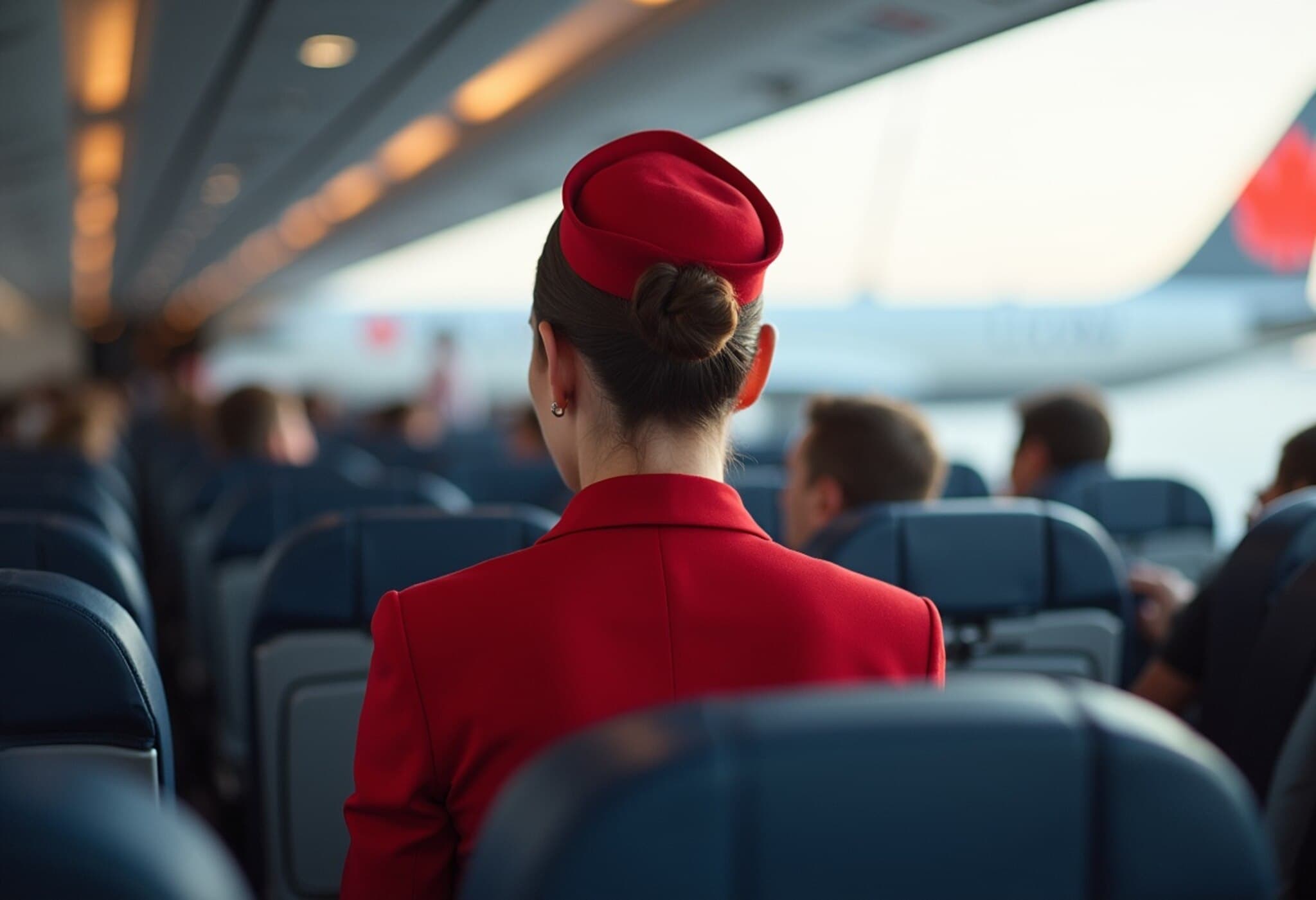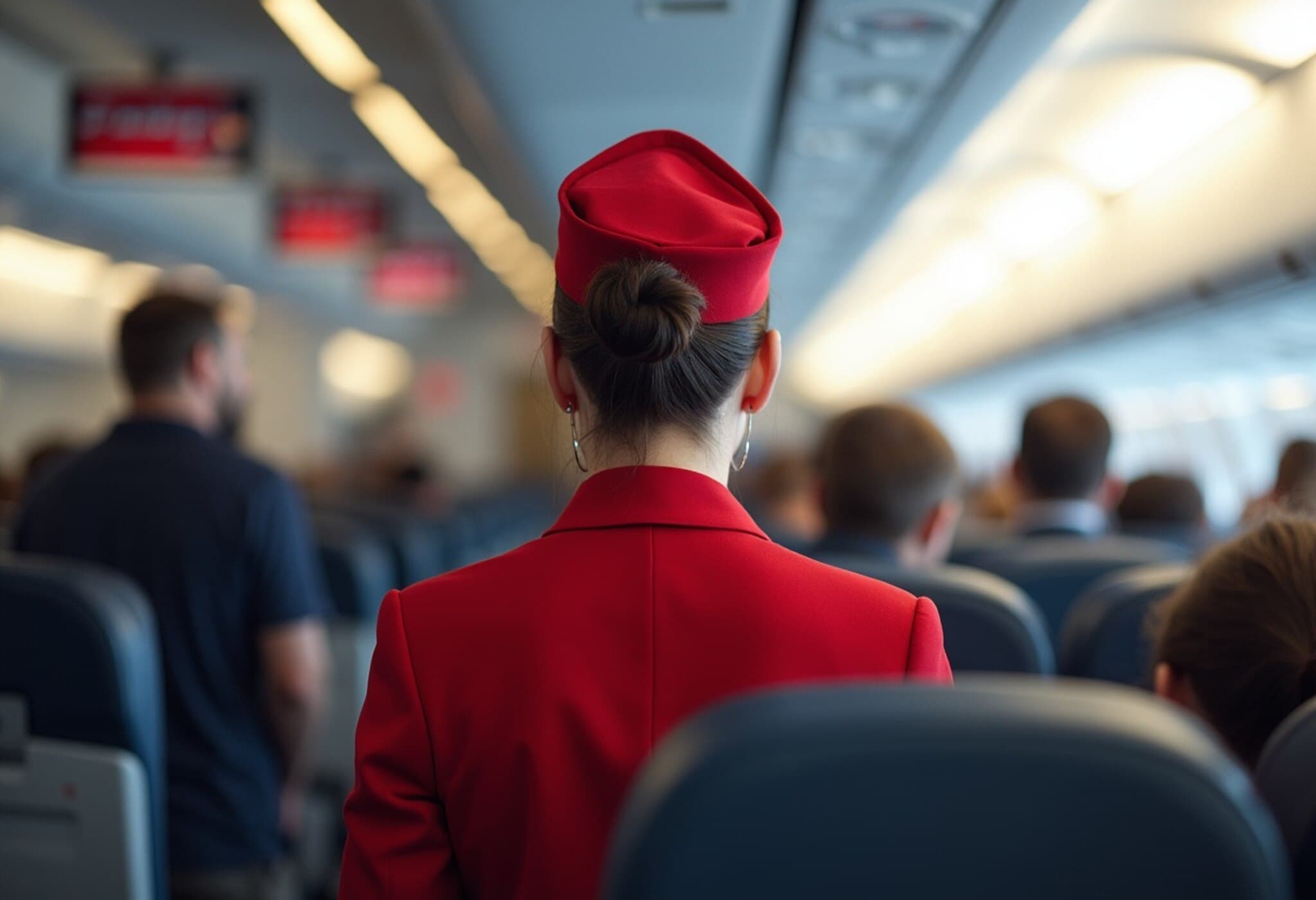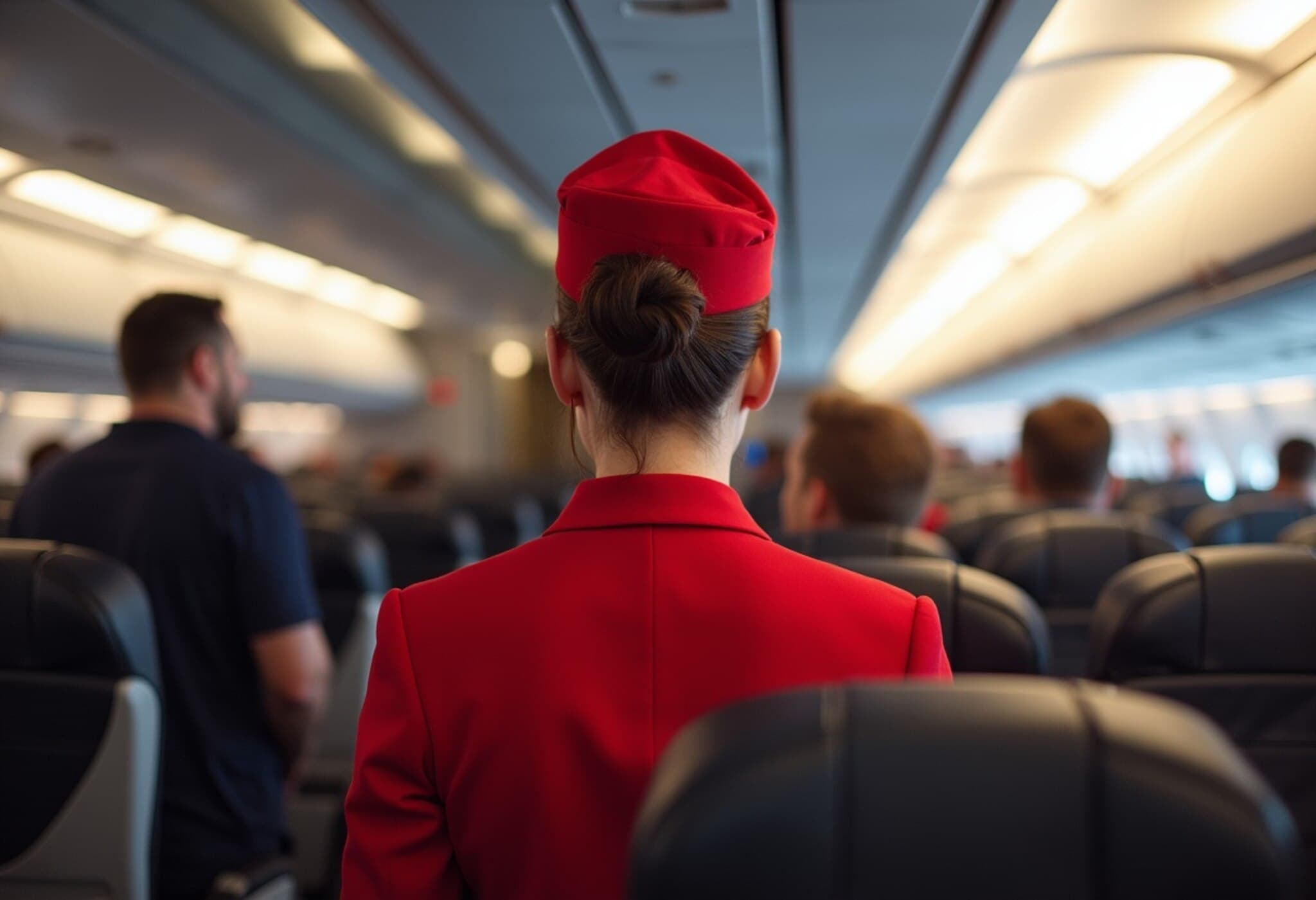Air Canada Flight Attendants Launch Nationwide Strike, Halting All Flights
On August 16, 2025, Air Canada’s 10,000 flight attendants, represented by the Canadian Union of Public Employees (CUPE), initiated a full-scale strike that has forced the airline to cancel all scheduled flights, disrupting travel plans for over 130,000 passengers daily. The strike began just after midnight, following a mandatory 72-hour notice period, and has resulted in a complete shutdown of Air Canada’s operations nationwide.
Massive Flight Cancellations and Growing Passenger Impact
By 8:00 pm Friday, Air Canada had already cancelled 623 flights, affecting more than 100,000 travelers. The airline announced that it would suspend its entire 700-flight daily schedule for Saturday, urging customers not to come to airports to avoid further hassle and frustration.
As a global carrier connecting 180 cities, Air Canada’s shutdown reverberates beyond domestic borders, creating ripples throughout international travel networks. This strike is unfolding during the busy summer travel season, amplifying its economic and social impact.
Dispute Over Pay and Unpaid Ground Work at The Heart of Conflict
The crux of the strike centers on wage negotiations and compensation for time spent on ground duties, such as the boarding process, which flight attendants say is currently unpaid. CUPE claims the airline’s pay offers are insufficient, describing them as “below inflation and market value.”
Rafael Gomez, director of the University of Toronto’s Center for Industrial Relations, offers insight: “It’s common worldwide that flight attendants are compensated primarily for in-air time, but not for extensive ground tasks that are part of their responsibilities.”
This issue resonates with the public, as passengers often do not realize that flight attendants’ work extends beyond what they see in the cabin, fueling a perception of unfair labor treatment.
Negotiations Stalemate and Government Attempts to Mediate
Despite federal government and airline appeals to settle the dispute through independent arbitration, CUPE has rejected such proposals, escalating the stand-off. Air Canada’s recent offer indicated that a senior flight attendant could earn about CAN$87,000 (approximately $65,000 USD) by 2027, a figure the union finds inadequate in the face of rising living costs.
Economic Consequences Amid Broader Trade Challenges
Canada’s economy, while resilient, is already experiencing pressure from global trade tensions, including tariffs imposed by the United States disrupting key industries like automotive and steel. The Business Council of Canada has voiced strong concerns about the strike’s potential to aggravate economic challenges by disrupting both passenger travel and essential cargo transport.
“This labor action comes at a particularly fragile moment,” the council warned, emphasizing the far-reaching consequences of a prolonged work stoppage on national supply chains and the broader economy.
What’s Next? The Prospects for Resolution
Industry experts like Gomez predict that the strike’s duration may be limited, given the high stakes for both the airline and its employees during peak travel season. The airline risks losing hundreds of millions in revenue daily, while the union pushes to secure fair compensation and recognition for all of its members’ work.
Editor’s Note
This strike shines a spotlight on deeper systemic labor issues in the airline industry, particularly concerning fair compensation for increasingly complex roles that extend beyond in-flight service. It also highlights how labor actions can swiftly escalate into national crises affecting millions. As the situation unfolds, critical questions remain: How will Air Canada and CUPE balance financial realities with employee rights? Can the federal government play a more effective mediating role to minimize disruption? And what does this mean for the future of labor relations in the aviation sector amid evolving economic pressures?

